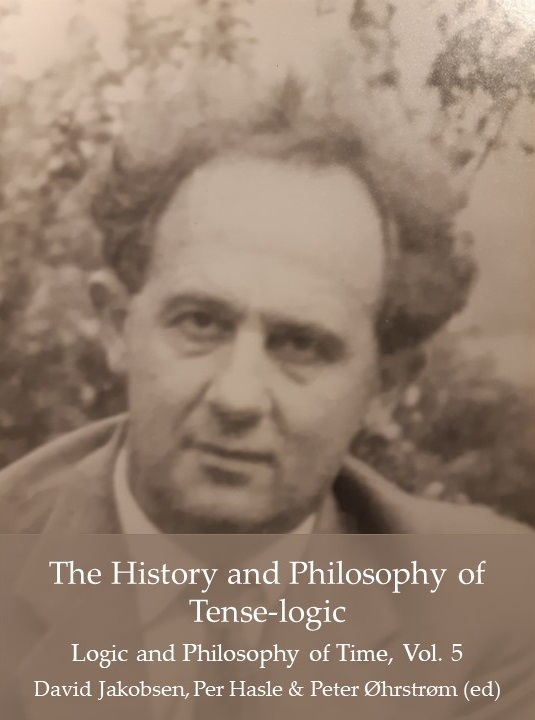Published 23-10-2023
Keywords
- future bias,
- near bias,
- time bias,
- regret,
- temporal value
- asymmetry ...More
How to Cite
Copyright (c) 2023 Logic and Philosophy of Time

This work is licensed under a Creative Commons Attribution-NonCommercial-NoDerivatives 4.0 International License.
Abstract
Although the rationality of future bias figures crucially in various metaphysical and ethical arguments (Prior 1959; Parfit 1984; Fischer 2020), many philosophers have challenged future bias as being either arbitrarily motivated or irrational (Dougherty 2011; Suhler and Callender 2012; Greene and Sullivan 2015). In particular, Greene and Sullivan (2015) have claimed that future bias is irrational because it implicates two kinds of irrational planning behaviors in agents who seek to avoid regret. In this paper, I join others (Dorsey 2016; Tarsney 2017) in arguing against their claims, but for different reasons that highlight the relationship between the alleged irrational planning behaviors and certain features of regret that it shares with future bias. First, regret is dynamic, involving preferences that change over time and in inconsistent ways. Second, regret comes in degrees, meaning that we can rank our potential regrets. Because regret has these features, I explain why the future-biased agents in Greene and Sullivan’s cases do not need to act in irrational ways to avoid regret.
References
- Dorsey, D. (2016). Future bias: A (Qualified) Defense. Pacific Philosophical Quarterly,
- https://doi.org/10.1111/papq.12176
- Dougherty, Tom. (2011). "On Whether to Prefer Pain to Pass." Ethics 121 (3): 521-37.
- https://doi.org/10.1086/658896
- Fischer, John Martin. (2019). Death, immortality, and meaning in life. New York: Oxford University Press.
- Greene, P. and Sullivan, M. (2015). Against Time Bias. Ethics 124(4), 947-970
- https://doi.org/10.1086/680910
- J., Miller, K., Norton, J., Tarsney, C., & Tierney, H. (2022). Bias towards the future. Philosophy Compass 17(8), 1-11.
- https://doi.org/10.1111/phc3.12859
- Parfit, Derek. (1984). Reasons and Persons. Oxford University Press.
- Paul, L.A. (2014). Transformative Experience (Oxford: Oxford University Press).
- https://doi.org/10.1093/acprof:oso/9780198717959.001.0001
- Phillips, C. (2021). Why Future-Bias Isn't Rationally Evaluable. Res Philosophica 98(4), 537-596.
- https://doi.org/10.11612/resphil.2143
- Prior, A. N. (1959). "Thank Goodness That's Over." Philosophy 34 (128): 12-17.
- https://doi.org/10.1017/S0031819100029685
- Suhler, C, and Craig Callender. (2012). "Thank Goodness That Argument Is over: Explaining the Temporal Value Asymmetry." Philosophers' Imprint 12: 1-16.
- Tarsney, C. (2017). "Thank Goodness that's Newcomb: The Practical Relevance of the Temporal Value Asymmetry," Analysis 77(4), 750-759.
- https://doi.org/10.1093/analys/anx108
